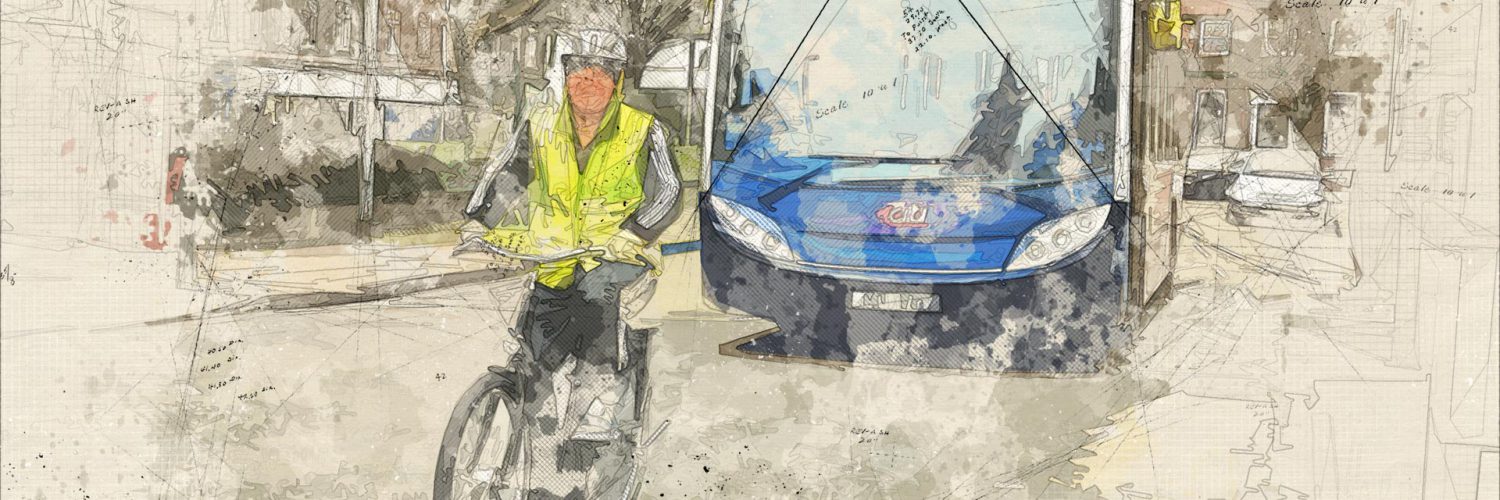Long ago when I worked in traffic research, I spent many days on cold street corners, counting traffic at junctions. I saw the first use of transponders on buses to ‘advance’ a green phase at traffic lights over 40 years ago. After much observation, I also wrote a simulation program, a version of which is still used some 35 years later.
I was also fortunate enough to do some work for someone whose name did not have formal letters after it, but who was clever and had been working with traffic data almost before computers existed. One of his informal ‘Laws of Traffic’ is even more relevant today. It says: “The stimulation of simulation is greater than the pleasurement of measurement (but it makes you go blind).”
The last part is important. Traffic models can be great, but as all computer modellers know, ‘garbage in means garbage out’. Clever programming cannot make up for lack of local knowledge, and time spent on street corners. Throwing money at consultants who clearly consider Cambridge to be similar to everywhere else will not produce sensible plans. Treating cars and buses as equals, and ignoring the 30% of vehicles that are pedalled, just produces inaccurate and pointless simulations.
We need to use tried and tested methods, which don’t require huge engineering measures. Such simple tools of traffic management are available, not used widely in Cambridge, and yet could help tip the balance in favour of public transport, walking and cycling. For example, just moving a bus stop 60m can help cycling as well as prevent ‘blocking back’ to a previous junction. Slowing the evening peak hour exit of private cars from big edge-of-town developments can help the free flow of buses from the city centre.
Non-expert residents can help, but most of all, we need to make better use of our local engineers with their local knowledge. We need to give them time to observe, walk and talk on local streets. They must not be locked in an office answering emails or setting up contracts with consultants who have never lived or worked in our unique city, and never will.
This article was first published in the Cambridge Independent on 28 June 2017.



Add comment